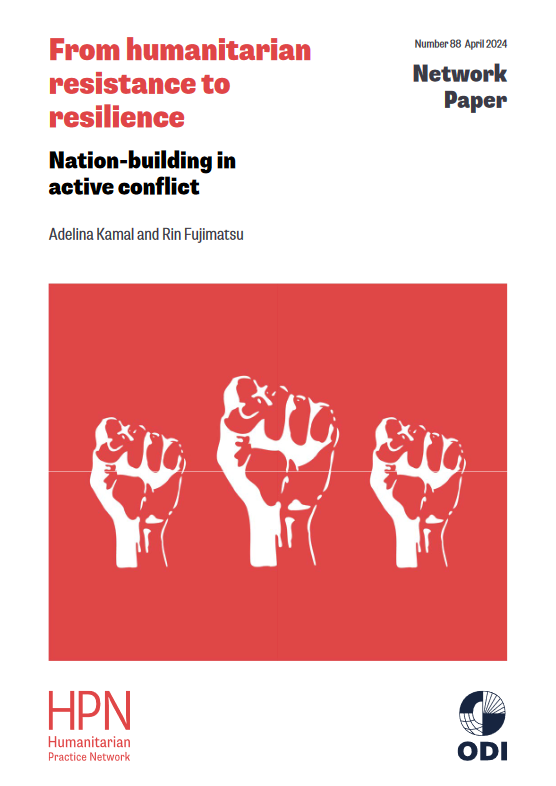From Humanitarian Resistance to Resilience: Nation-Building in Active Conflict


In 2023, Myanmar suffered among the highest number of civilian casualties by airstrike in the world.
In response, courageous women, former refugees and activists are working tirelessly to reach millions of displaced people from Myanmar’s neighbouring countries. Hundreds of doctors and medical workers in central Myanmar, who have resisted the military’s administration and joined the Civil Disobedience Movement, have formed humanitarian and medical networks to address the dire needs deep within the country. Many human rights organisations are responding to the humanitarian crisis by expanding their already stretched work. They are filling the humanitarian gap by providing direct assistance to the communities that they work with as well as documenting human rights violations.
Humanitarian resistance is a non-linear approach of nation-building in active conflict. Principles, policies, systems and institutions are built concomitantly while conflict is still at its peak, rather than waiting for stabilisation and reconciliation to take place. For the regional and international community, this means supporting the Myanmar people in building an inclusive and resilient community now, amidst active and escalating conflict, rather than waiting until the conflict ends, by changing humanitarian approaches and supporting a locally led, horizontally constructed ecosystem. As such, humanitarian resistance is also a means to decolonise the traditional aid system as it offers a new type of aid architecture and equalises the power imbalance within the system.
International humanitarian organisations, donors, foreign governments and ASEAN can no longer be complacent and hide behind neutrality in a context where a military dictatorship uses the weaknesses of the international system to its fullest advantage. In a world where access constraints are becoming the norm and not the exception, these approaches are further deepening and prolonging the conflict.
Download the full report here

